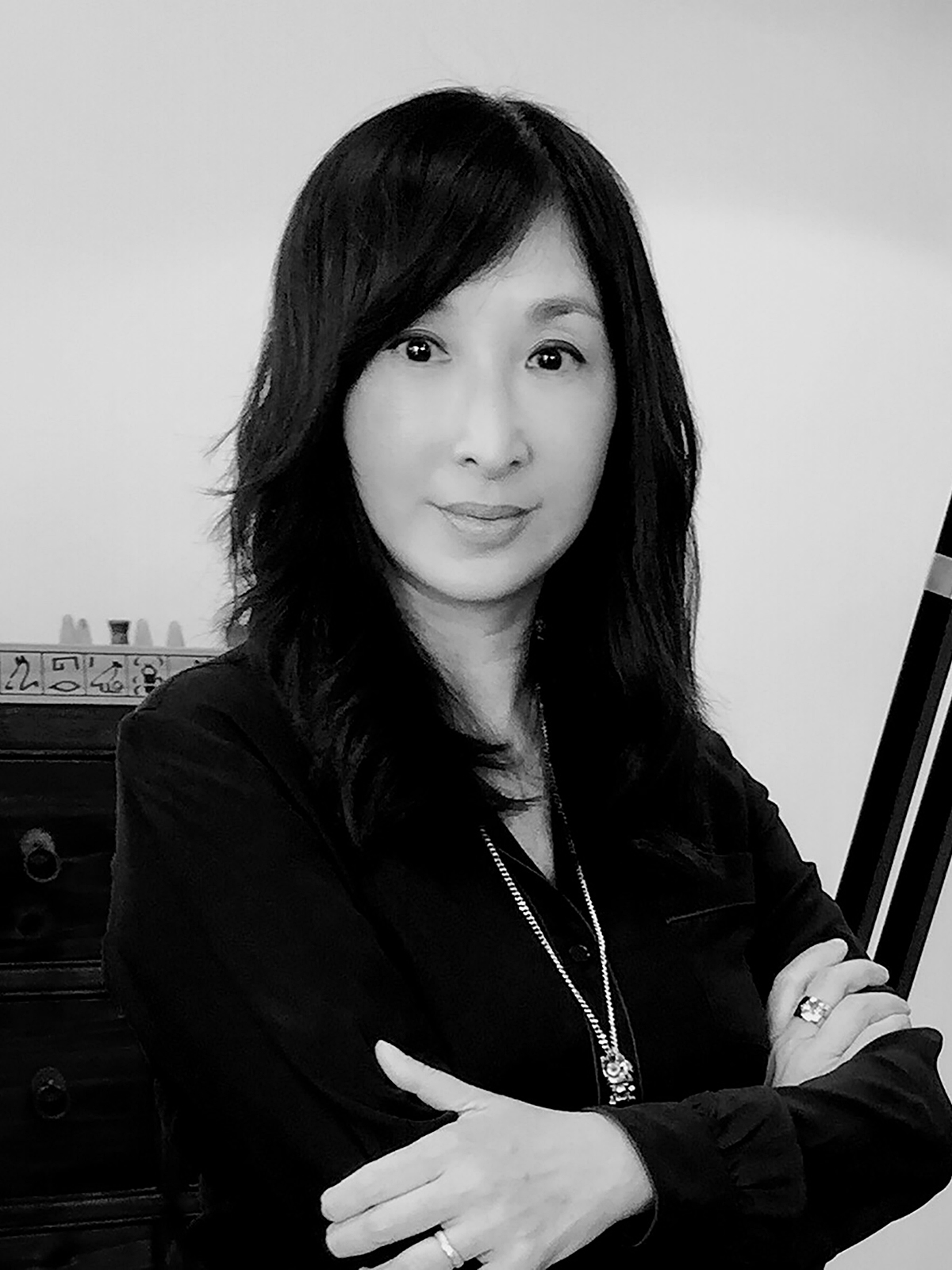
- HFPA
Doing the Work: Fresh Faces – Margaret Wu Discovers Emerging Filmmakers in China
Doing the Work is a series profiling key recipients of HFPA Philanthropy
Margaret Wu was happy to see the sycamore trees.
Not in-person, but represented in their true glory on-screen through The Newcomer, a ten-minute short film that follows a Canadian expatriate who begins to acclimate to the streets of Shanghai.
It was one of 13 shorts that debuted through the Shanghai Cinema Program, a new initiative that Wu recently spearheaded with the non-profit, NewFilmmakers of Los Angeles and the Hollywood Foreign Press Association.
Now five years into her term as Board Member of the NFMLA, Wu is no stranger to the non-profit’s aim in sharing stories from underrepresented voices and creators around the world. Organizing film festivals and monthly screenings for emerging filmmakers from Latin America, Europe, and the Middle East to showcase their shorts in Hollywood while sparking industry connections, Wu decided it was time to turn towards elevating Chinese artists.
Having lived in Shanghai up until her move to Los Angeles five years ago, Wu worked in advertising overseas, overseeing brands like Johnson & Johnson and Pepsi. Charged with creating campaigns that could appeal to markets across the Asia-Pacific region – spanning Korea, Japan, and China – Wu’s key to a successful campaign was always finding the one commonality that could work across multiple markets. Unearthing that theme was the thread that would tie the diverse audiences together.
Wu views this as the same formula that’s essential for Chinese films to successfully break into the international market. To tell a familiar story, that’s made unique by the fresh setting. In the last year, she began assembling her vision for a new company called Xin Dai Cultural Development Company which would discover a dozen innovative filmmakers from different cities in China and divide up government funding to allow them to each produce, then showcase their own original shorts through the NFMLA platform. Filmmakers would have the creative freedom to address any issue they wanted, so long as they used their culture to explore the topic – and set the story against their city’s distinctive landscape.
With her personal connection to Shanghai, Wu selected that city as the first one to launch her mission. As she and her team conducted outreach to local schools and spread the word through prominent Chinese filmmaker Jia Zhangke’s mentorship program, they found 13 aspiring narrative filmmakers, who were eager to participate. Each came from the commercial world, giving them skills that translated well – such as working on tight timelines and handling the process for production every step of the way, from art direction to post.
The results were dazzling – one comedy called Lucky Ride tackles the humorous yet bittersweet results when a failing actor unleashes a bottle of luck bestowed to him on a bus; a drama entitled The Role follows a single mother raising her adult son with cerebral palsy – and cast an actor with the condition for the part.
When the shorts premiered in Shanghai, at the Shanghai Cinema Program moderated by Variety’s Rebecca Davis and co-presented by the HFPA, the filmmakers also heard from and interacted with three special visiting guests from United Talent Agency, Legendary Pictures, and Range Media Partner. Covering a range of topics, the insiders imparted industry knowledge, from the significance of exposure in film festivals to what representation by an agent and manager entails.
At the end of the program, the emerging filmmakers had their first produced short as a sample of work, along with new insight into the next steps they could take to further explore a future in Hollywood. “All of them told me – ‘We’re just so used to doing commercials. We never knew we could go anywhere with our short films,’” Wu recalled. “Their passion was narrative filmmaking, but before the program, they never dared to dream that would happen.”
Director and writer Chen Yu, who produced dramatic short Xiao Ru thrived among the cohort. “I haven’t been so hopeful in a long time,” Yu admitted. “I was amongst kindred spirits and have learned so much.” Dystopian thriller Wild Island’s director and writer Du Zhongkun expressed the same awe and gratitude. “Big thanks to HFPA, NFMLA and Xin Dai for their commitment to making sure our works get seen and discussed at the heart of the movie industry,” Zhongkun affirmed. “This is important for someone like me whose experimental styles are sometimes not easily understood and appreciated. This is an experience I’ll never forget.”
Already looking forward to expanding the next arm of the program, Wu is eyeing cities like Chengdu, Xi’an, Chongqing, and Hangzhou. She believes Beijing is already an established film hub – and it’s time to give others a chance to shine. “I want to go and find really different stories, to not just find emerging filmmakers, but to also tell the stories of the city and regions.”
Wu also plans on finding a way to bring the next batch of filmmakers to Los Angeles and showcase their works with NFMLA alongside the HFPA. “(The) HFPA’s role is so, so important because it gives us not just visibility, but credibility,” Wu explained. “It’s extremely important to get traction and to be taken seriously. In both countries.”
Excited about the future, Wu can’t help noting one aspect that she hopes will change sooner rather than later: the new filmmakers are too humble. “The shorts we saw were shockingly good,” Wu remarked. “But the filmmakers, a lot of them lack confidence with the language barrier.”
As Wu, NFMLA, and their sponsors continue to advance the program, they’re optimistic that the platform will allow the new directors’ passion and talent to successfully unite audiences from America and China, while honing the skills they’ll need to be competitive in both markets.
With a laugh, Wu adds, “We haven’t found the next Wong Kar-wai or Ang Lee yet, but we’re going to keep searching.”

